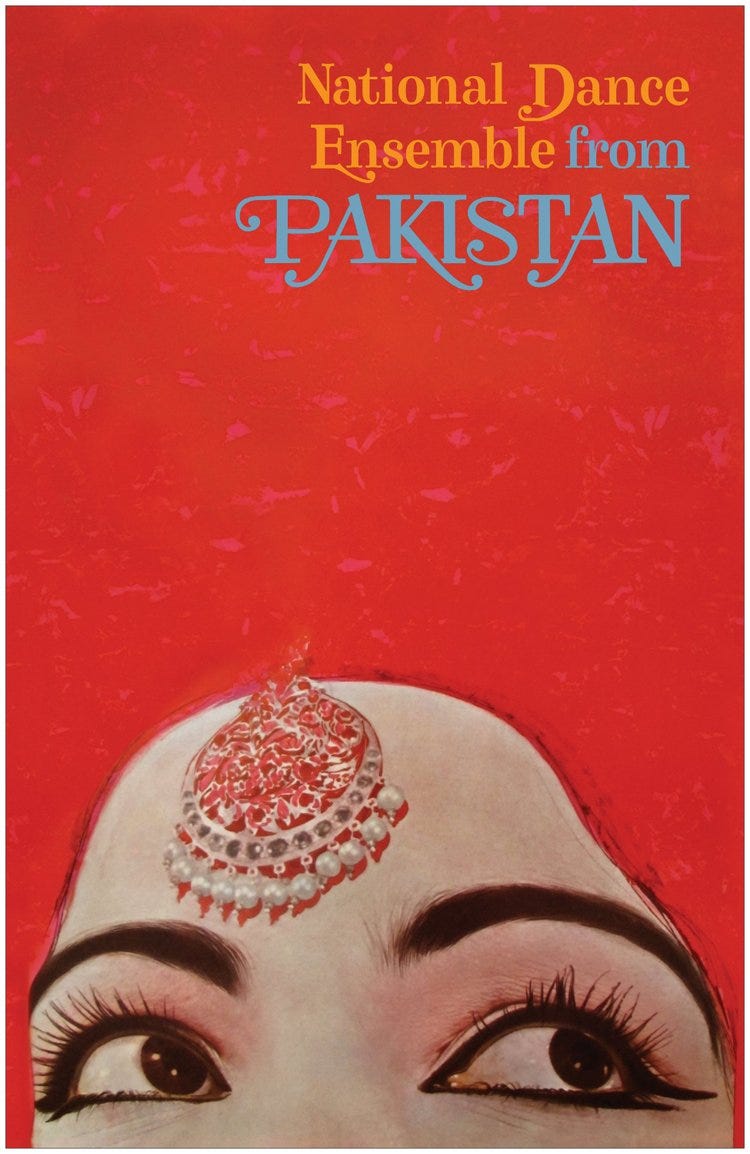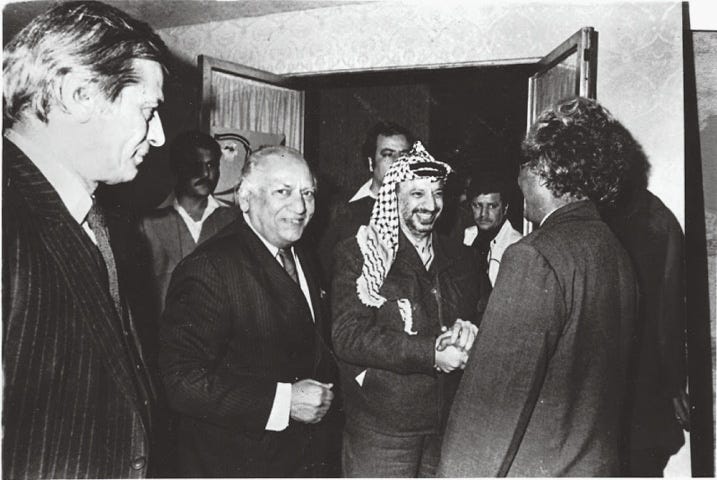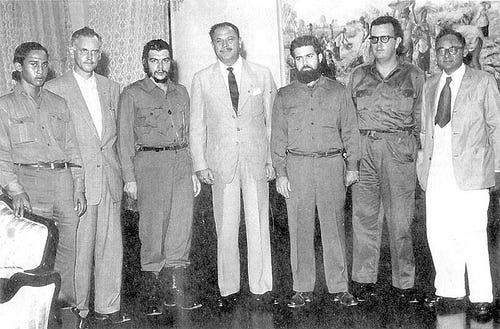Faiz Ahmad Faiz’s Travelling Revolution: How Latin America Inspired Pakistani Intellectuals
Words by Iffat Mirza
Welcome to the Brown History Newsletter. If you’re enjoying this labor of love, please do consider becoming a paid subscriber. Your contribution would help pay the writers and illustrators and support this weekly publication. If you like to submit a writing piece, please send me a pitch by email at brownhistory1947@gmail.com.
Don’t forget to check out our SHOP and our Podcast.

Recommended Reads:
Faiz Ahmad Faiz’s Travelling Revolution: How Latin America Inspired Pakistani Intellectuals
“It is not by accident that our delegation is permitted to give its opinion here, in the circle of the peoples of Asia and Africa. A common aspiration unites us in our march toward the future: the defeat of imperialism. A common past of struggle against the same enemy has united us along the road.”
These were the words of the Argentine revolutionary Che Guevara – the iconic face of 20th Century socialist revolution and anti-imperialism. In 1965, he represented Cuba as an honorary member at Afro-Asian Conference held in Algeria.
A now declassified CIA report on the event noted ‘there were strong expressions of anti-Westernism at the Seminar […] Cuban Minister of Industries Che Guevara, the only high-level official at the Seminar, demanded that countries “on the path of liberty” should be aided even at the expense of the developed socialist countries.’ It was also noted that the seminar aimed to encourage a ‘limitation of economic relations with imperialist countries’ and ‘promotion of economic relations between the Afro-Asian countries.’
Among many, this is just one instance of so-called Third World countries forming spaces which fomented political, economic, and cultural alliances between themselves. The cultural alliances must be considered a fundamental aspect of constructing a collective anti-imperialist sentiment. When it comes to imperialism, it is not just a matter of finding economic or political liberation, but also liberating oneself from the colonial gaze. As can be gleaned from the CIA report quoted above, the general attitude towards such a conference or seminar was one with general contempt and even with a patronizing view, and thus, solidarity amongst the ‘Third World’ or the Global South, including in the cultural space, is an imperative in the road to anti-imperialist liberation.

One notable and commonly cited example is that of Pakistani socialist poet Faiz Ahmad Faiz who in a self-imposed exile found himself in Beirut, amongst others in a similar situation: Pakistani political scientist Eqbal Ahmad and Palestinian critic and intellectual Edward Said. This was, of course, just one of many interactions between leftist and anti-imperialist intellectuals and cultural producers of the latter half of the 20th century, however it was certainly not the first of Faiz’s revolutionary travels.








